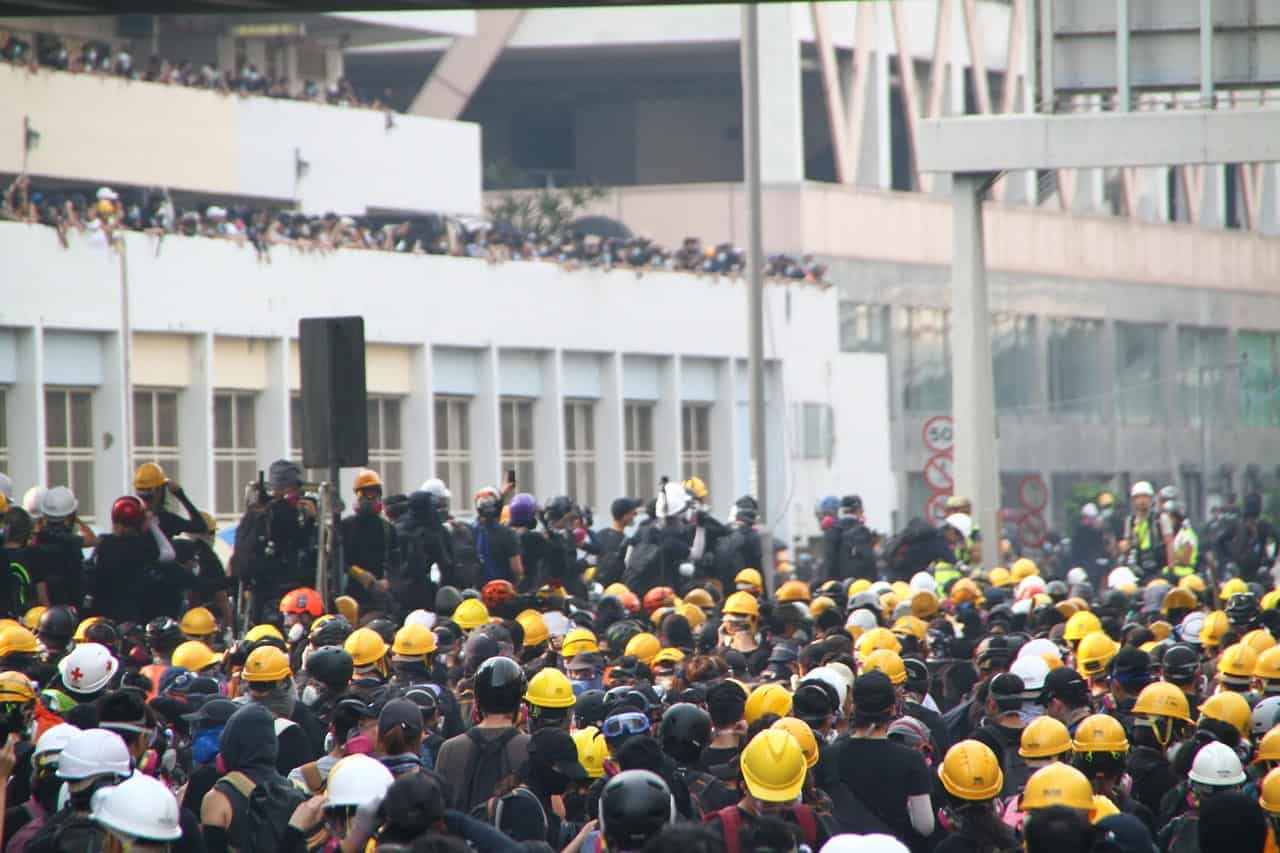National Rail and London Underground employees recently participated in the largest strikes since 1989. Their reasons for taking part in industrial action are related to pay, working conditions and intended job cuts. It appears that strike action is also becoming increasingly common in the private sector as we are receiving calls for advice from companies with employees threatening to go on strike.
What is industrial action?
Industrial action can be described, in most cases, as a situation where employees or workers protest against their working conditions, the way they are being treated, or the level of pay they are receiving, in the hope that employers will meet their demands.
Unions are historically known for arranging strikes as well as taking part in them to support employees in different sectors who are striking about their pay or working conditions.
Other types of industrial action include overtime bans, call-out bans, work to rule, go slow and sit-ins.
A specific process needs to be followed to make the strike official.
What makes a strike lawful?
To ensure protection against dismissal as a result of strike action, union members would need to adhere to the following:-
- The industrial action must be a trade dispute which cannot be avoided regarding issues connected to employment and which remain unresolved, despite informal negotiations or arbitration.
- All members of a union who are considering industrial action must be balloted in accordance with legal requirements before the union can ask members to take strike action or continue with a strike.
- The ballot must be open to all union members who want to participate in the strike.
- If over fifty employees will be taking part in the ballot, it must be supervised by a “scrutineer”.
- It must be a postal ballot which enables employees to make a mark in a box that is printed on voting paper which they can then post back in a prepaid envelope.
- The postal ballot must explain why employees are being asked to vote and must provide information on where to post their vote.
- For any strike action to continue, union members would need to be re-balloted, usually after a period of six months.
- All employees who took part in the ballot would need to be notified of the outcome regarding the number of ‘yes’ and ‘no’ votes and how many papers were spoiled.
- A minimum of one week’s notice must be given to the employer before the ballot takes place, and the employer must also be notified of the results as soon as they become available.
Employees who are not union members can also strike, but they would need to adhere to a similar course of action for the strike to be considered official.
Employees taking part in strike action are protected by law from unfair dismissal if the correct balloting procedure occurred and the strike was official. However, employees can be dismissed for breach of contract if the strike was unofficial, and the correct legal procedure was not followed.
What can employers do if their staff go on strike?
- Check if the strike is legally compliant and should be viewed as an official strike, or if it is unofficial. As an example, failure to follow the correct balloting and notification process would render the strike unofficial.
- Separate out those employees who are on sick leave or annual leave at the time strike occurs.
- Communicate with staff and engage in mediation to resolve the issues.
- Existing bank workers or casual staff can be moved from other parts of the company to cover the work of striking staff. However, employers are not legally permitted to allow agency workers to cover work for striking staff.
- Employers do not need to pay staff for any days missed while taking part in strike action.
Can employees be dismissed for taking part in industrial action?
Employees can be dismissed for striking if they failed to follow the correct legal process of balloting and advance notification of the trade dispute in advance of the strike.
However, if the strike was legally compliant, employees are protected from dismissal for twelve weeks after taking part in industrial action. Attempts to dismiss them within that time would be considered automatically unfair.
Twelve weeks after industrial action, employees can be dismissed for striking if the employer has attempted to settle the dispute.
To avoid strike action altogether, employers would be well advised to listen to the demands of their employees and attempt to mediate with them. Providing employees with fair pay and working conditions will ultimately benefit employers, enabling them to maintain a motivated and productive workforce and saving them the losses brought about by industrial action and the costs associated with recruiting new staff.
Feel free to contact us for further advice if industrial action is being threatened in your place of work.

